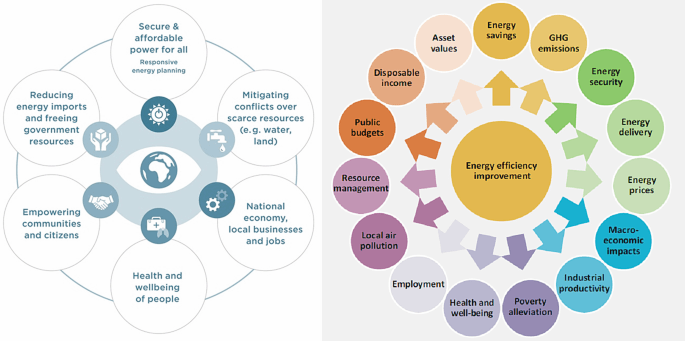Abstract
The recent uproar about the toxic levels of pollution in the country’s national capital region has once again brought to fore the failure of the regulatory and legal mechanisms in India to control air pollution. According to a World Health Organisation study released in 2014, 13 of the top 20 cities world-wide with the worst quality of air are Indian cities. For decades now the worsening quality of air across the country has been a cause for serious concern; yet the Central and State governments have not been able to contain it. In fact in many ways, governments have not only condoned instances of aggravated pollution, but have also actively permitted pollution to rapidly increase by granting approvals to polluting industries, not taking measures to effectively control vehicular and industrial pollution, and by practically ignoring significant sources of pollution like building construction and diesel generators.
Legislative acknowledgement of the problem of air pollution, and the need to tackle it, came more than three decades ago when the Air (Prevention and Control of Pollution) Act 1981 [‘the Air Act’] was passed by the Parliament. But this early acknowledgment of the problem, and regulatory mechanisms set up consequently, have not been able to restrict the sharp upward trajectory of air provisions – encapsulating both criminal liability under the Air Act, the Indian Penal Code and the Code of Criminal Procedure as well as civil liability under the National Green Tribunal Act 2010 and the Code of Civil Procedure. It does not, however, discuss the rights-based jurisprudence that has evolved from judgments of the Supreme Court and the High Courts (arising primarily under their writ jurisdiction) recognising a right to pollution free air. A writ remedy is a constitutional remedy and available notwithstanding statutory limitations. It is however a discretionary remedy, and courts are generally reluctant to entertain cases if alternative efficacious remedies are available under other statutory provisions.
The essay is divided into three parts. The first part discusses the relevant provisions of the law pertaining to liability for causing air pollution. The second part identifies three critical issues that have emerged in the current liability regime. The third and final part proposes a way forward.










